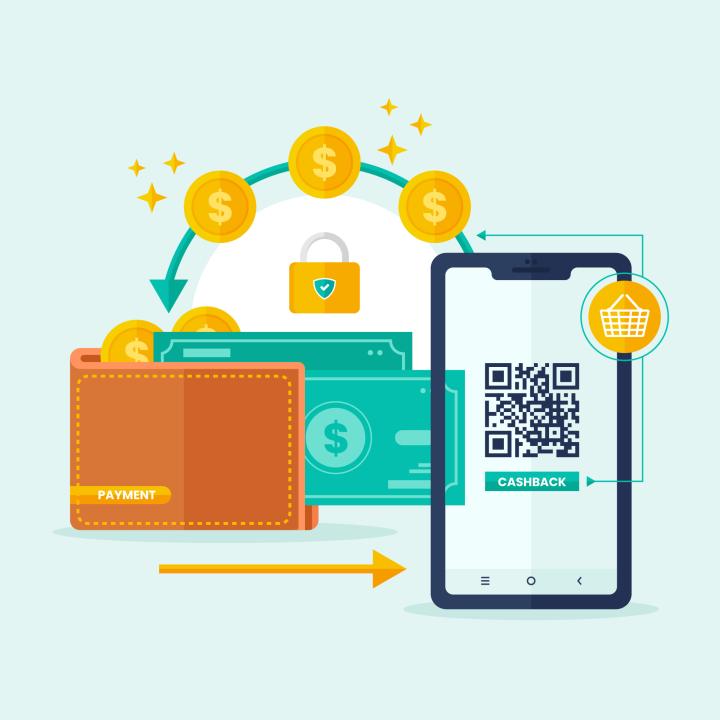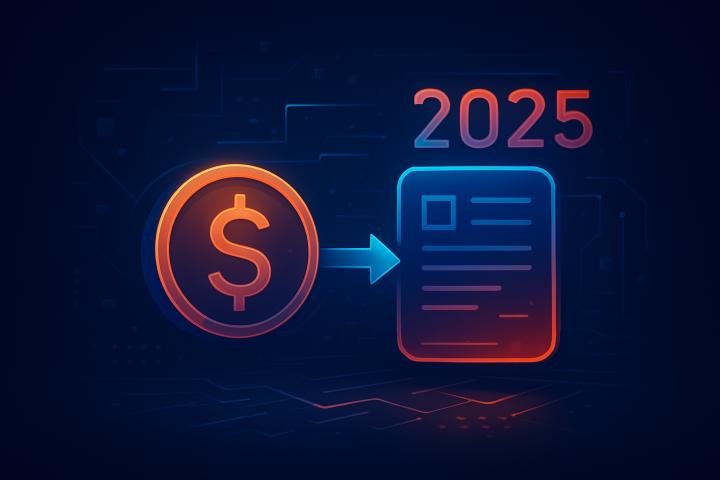In an era driven by technology and innovation, businesses are rapidly shifting towards digital payment methods to keep up with consumer demands for convenience, speed, and security.
Out of the many changes introduced in financial technology, digital wallets are rapidly gaining popularity and will shortly lead to a cashless payment system. As consumers move away from cash and even traditional card payments, businesses like yours that embrace digital wallets can expect to stay ahead of the curve.
Here’s why digital wallets are the future for contactless payments for your business.
The Changing Shift Towards Contactless Payments
There is no doubt that the world has been adopting contactless payment methods over the last ten years, and the COVID-19 pandemic has only fast-tracked the process. Both consumers and businesses wanted to avoid physical contact. Therefore, there was a need to assist humans by encouraging contactless payment methods such as tap-and-pay cards or paying through an electronic platform.
A digital wallet solution is generally used with a mobile device, and merchants place and pay simply by tapping the mobile device within a set distance from the receiver. This contactless method embraces the consumer’s needs, and at the same time, it allows faster and safer transactions to take place, enhancing the customer's experience. This movement is led by digital wallets, which provide practical solutions to replace cash buildups and complications.
Benefits of Digital Wallets for Your Business
Here’s the multitude of digital wallet benefits for business:
Improved Speed in Transactions: One of the obvious benefits of digital wallets is faster transaction completion. Transactions through cash payments or manual entry of cards take significantly longer than when using digital wallets, where a single tap or scan is enough.
Better Security: Security is one of the major concerns for both consumers and your business. Digital wallets come with tokenization, biometric or fingerprint passwords, and data encryption, so no one can access that information. This minimizes the fraud and information leakages that would be unprofitable to the companies.
Reduction of Costs: For businesses like yours that integrate digital wallets into their payment processes, the dependence on traditional payment strategies will be significantly reduced since most of them are expensive due to the processing of payments.
Enhanced Customer Interactivity: Digital wallets are not only made for payments; they have marketing potential as well. Several digital wallets can incorporate loyalty programs, and deal offers right inside the wallet interface. That way, they can keep the customers engaged, spur them to return and buy again, and foster brand loyalty.
Comprehensive Coverage: It allows smooth cross-border payments for businesses like yours that want to scale their market size. Through digital wallets, remitting and making payments in other currencies is effortless.
In short, it saves a lot on converting the funded currencies into income-generating ones while dealing with offshore customers. It allows the nature of doing your business in digital marketing, which is becoming widely accepted, especially in eCommerce.
Why Digital Wallets Are the Future?
Digital wallets are the future, for they are easy to use, relatively safer and fast when conducting transactions. Besides, here’s why digital wallets are vital for your business for customers’ efficiently and safety.
Mobile-First World: With the increasing penetration of mobile computing, customers and potential buyers are becoming accustomed to using their mobile phones to perform various activities, including making payments.
As most consumers tend to have payment apps in their phones already, they are far less likely to use cash or even traditional cards. As with everyday consumers, your business can only work with accepting mobile payments, as expected in the mobile-first world.
Contactless Economy: The requirement for contactless approaches in the post-COVID world has made using digital wallets for business inevitable. Transactions through a digital wallet leave transactions void of cash or card as every bill payment is made through a “tap” or a scanning system. This is particularly important for the retail, hospitality, and healthcare industries, where contactless options have become standard practices.
Integration with Emerging Technologies: Digital wallets are still being developed simultaneously with other technologies. There is great potential for developing these digital opportunities and other new technologies such as blockchain, cryptocurrencies, and AI technology.
Today, companies that incorporate transactions through digital wallets are gearing up for imminent technological changes that will optimize payments and customer interactions.
Environmental Impact: Providing a more comprehensive response, digital wallets lead to convenience, and in the future, they are likely to succeed even more due to their positive impact on the environment. Offering a picture of processes, especially within your business, can help reduce the carbon footprint by cutting out paper receipts, cash receipts, and plastic payment cards.
With more and more consumers being eco-friendly and looking for such solutions, companies that go for digital wallets align with such goals and enhance the efforts geared towards ecological conservation.
Conclusion
Digital wallets are more than just a trend—they represent the future of contactless payments for businesses. The combination of convenience, security, cost-effectiveness, and global reach makes them an ideal solution for businesses of all sizes and industries. By integrating a digital wallet system, businesses not only improve the customer experience but also future-proof their operations in an increasingly digital and contactless world.
As we move towards a cashless economy, businesses that fail to adopt digital wallet solutions risk falling behind their competitors. The future of payments is digital, and businesses must act now to stay ahead of the curve and meet the evolving demands of their customers.














